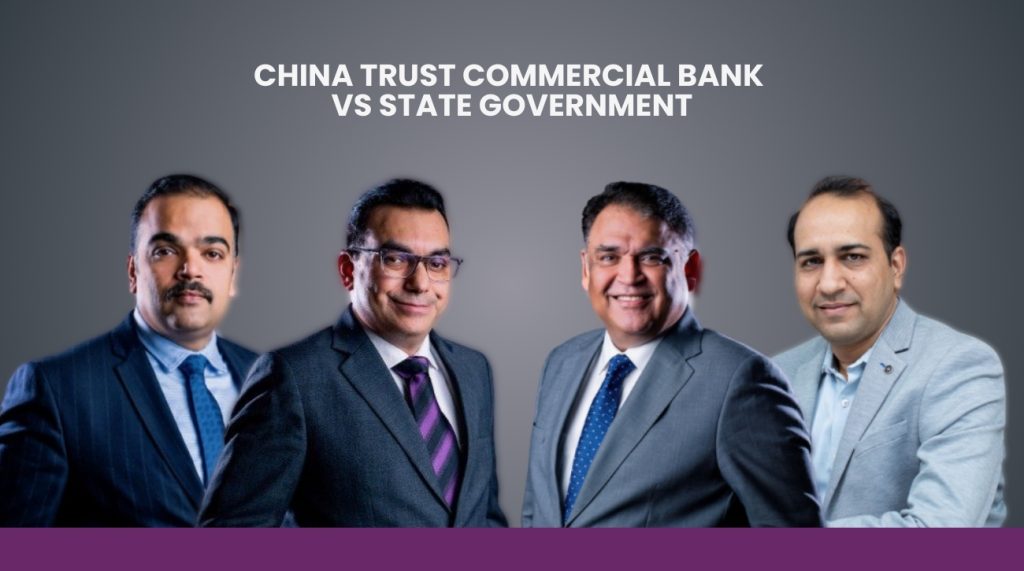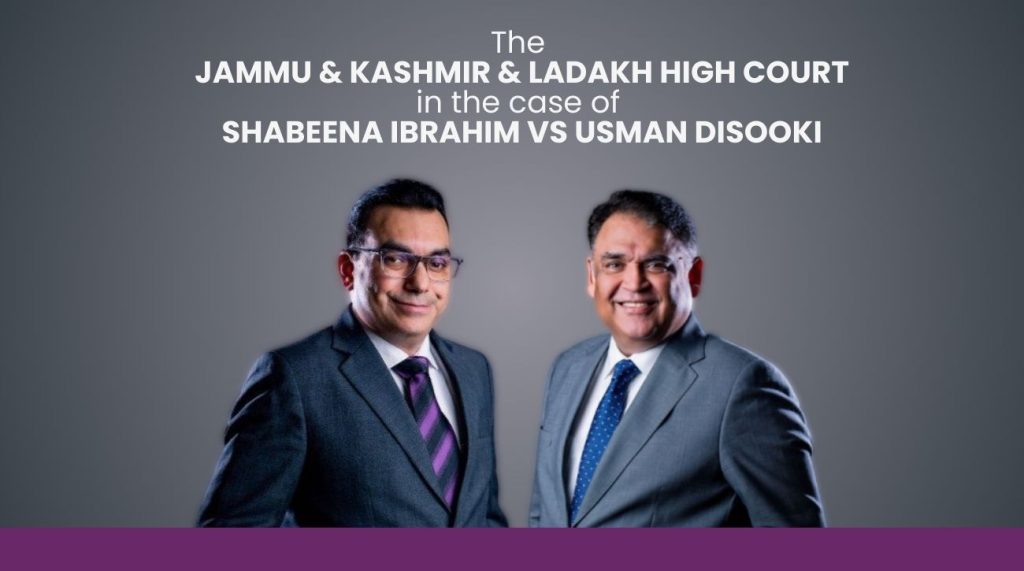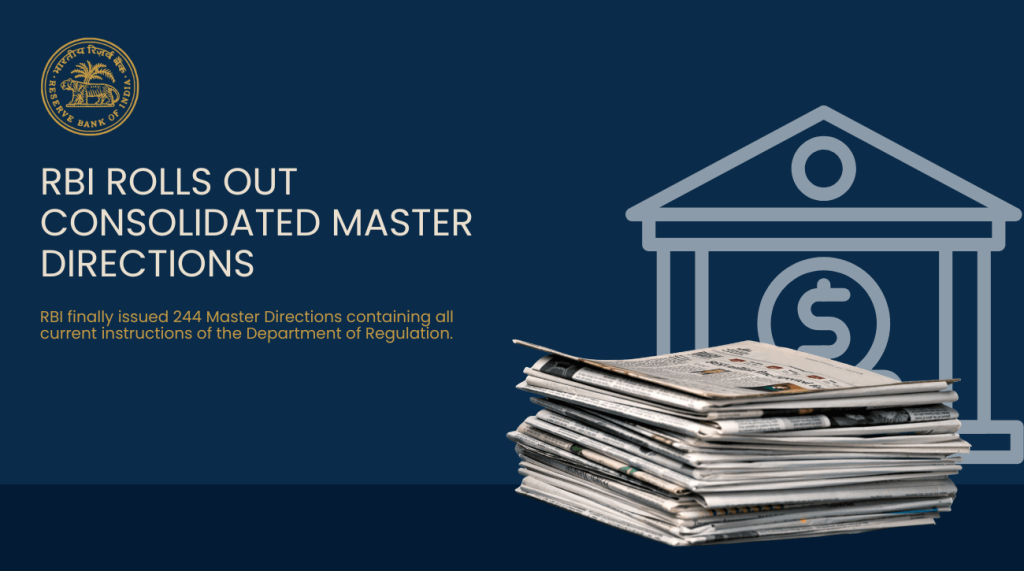Aligning norms to bring ease in doing business with labour reforms probably is one of the predicaments which Indian government has faced since independence and it still continues to be all pervasive. Post-independence, the policy makers,made various efforts to attain the goals of being a welfare state as contemplated in the Constitution of India. As a means to this end, in the year 1952, Employee Provident Funds Act was enacted with the object to safeguard the interest of the workers/employeesand create a scheme where ordinary citizens of India, working in the establishments covered under this Actcould accumulate savings for a better life post retirement for themselves and their dependents was one such effort.
The employer under the EPF Act has a statutory obligation to deduct a specified percentage of the pay from the employee’s basic wage and make matching contribution with Employees Provident Fund Organisation. Section 2(b) of EPF Act defines ‘Basic wages’ as all remunerations, which are earned by the employee while on duty or on during the leave period, in accordance with the Contract of Employment.Legislature, however,in its own wisdom excluded,presents made by employer, cash value of food concessionand Dearness Allowance (that is to say, all cash payments by whatever named called/paid to an employee on account of a rise in the cost of living), house-rent allowance, overtime allowance, bonus, commission, or any other similar allowance payable to the employer in respect of his employment or of work done in such employment from the peripheryof Basic Wages.
Ever since, the term ‘Basic Wage’ has precipitated a discussion, with respect to its ambit and meaning amongst employer and employee for the reason that employer’s and employee’s wish to grant the meaning to this term which is beneficial to them coupled with the fact that Section 6 of the EPF Actwhile stipulating the manner in which provident calculations is to be made provides that Employer’s contribution to the Provident Fund shall be 12%of the basic wages, including dearness allowance and retaining allowance, if any.
This dichotomy of exclusionof cash emoluments in the nature of Dearness allowance in 2(b) and its inclusion in Section 6 has been a matter of controversy and has been dealt with by Hon’ble Supreme Court in its constitutional bench judgement,M/s Bridge & Roofs (Co.) India Ltd. V Union of India 1. The court while dealing with issue in that caselaid down three fundamental principles (a) existence of universality of payment, (b) availability of payment due to opportunity and (c) incentives. Any payment made due to existence of universality of payment is basic wage as oppose to payments made for the reasons as mentioned in the later two principles. These tests have been followed in subsequent judgements, T.I. Cycles of India, Vs. M.K. Gurumani & Ors2, Manipal Academy of Higher Education Vs. Provident Fund Commissioner 3,and Montage Enterprises Pvt. Ltd. Vs. Employees Provident Fund and another4.
While the above referred judgments have dealt with the issue of various components of cash emoluments earned by an employee which may or may not form part of basic wage or not, yet there remained some element of doubt/confusion while applying the principles of Bridge & Roofs. Hon’ble Supreme Court of India in judgment in the matter of Regional Provident Fund Commissioner (II), West Bengal and Ors. vs. Vivekanand Vidyamandir & Ors (‘Vidyamandir Judgement’5)has tried to put this controversy to rest by holding thatthe test adopted to determine if any payment was to be excluded from basic wages is that the payment under the scheme must have direct access and linkage to the payment of such special allowance as not being common at all. It clarifies that special allowances irrespective of the nomenclature or terminology shall also form part of ‘basic wage’, if such allowance is being paid across the board to all the employees of the employer and is not related to efficiency and diligence, additional amount of work, incentives and opportunity. Any amounts relating to uncertainties and contingencies shall not form Basic wage.
This clarification was though a welcome direction from the highest court of law,lead to another conundrum with both the employers as well as executive who were left at the fence to comprehend whether this clarification had a retrospective or prospective effect. EPFO vide its circular dated March 14th2019 circulated directions to all its regional authorities to take appropriate and adequate action in terms of the judgement. A spate of notices was issued to employers by the concerned regional offices of provident fund commissioners demanding a scrutiny of their actions in depositing the contribution of past few years.
Amidst these developments at executive and judicial level, legislature on August 23rd2019 proposed and published a draft of the Employees’ Provident Funds and Miscellaneous Provisions (Amendment) Bill, 2019 (“EPF Amendment Bill”) for comments from the public and stakeholders followed by another addendum dated August 30th2019. The significant amendments proposed are:
Employees’ Provident Fund (EPF) member shall have the option to switch their money from Employee Pension Scheme(EPS) to National Pension System (NPS).
The term “wages” which is in consonance with Code of Wages 2019, replaces the term Basic wages and includes basic pay, dearness allowance and retaining allowance. The exclusion from ‘wage’ refers to eleven payments including House Rent allowance, conveyance allowance and overtime allowance. It further proposes that in the event any payments made under first nine exclusions exceeds 50 per cent or such other percentage which may be notified, of the entire payments made then such excessive amount shall be deemed as remuneration and will be included within the “wages”.
Proposal to introduce limitation period of 5 years for initiation of inquiry for non-compliance.
Amounts due and payable under EPF Amendment Bill shall be first charge on the assets of an establishment will rank prior to the debts of establishment.
The panic created by notices issued earlier subsided when EPFO finally vide its circular dated August 28th2019 directedthat no roving inquiries should be initiated merely on speculations and assumptionsthat certain allowances forming a part of basic wages have been excluded for calculating provident fund contribution. Officers were directed not to pursue any of such notices, unless there exist a prima facie evidence that of arbitrary bifurcation of wages with the intention to avoid EPF liability. Accordingly such inquires on the part of EPF authorities are impermissible in law and indulging in such practices may invite for administrative actions against such EPF authorities.This circular permitted inquiries/ investigation subject to prior permission from the Central Analysis Intelligence Unit (CAIU) constituted by EPFO, in those cases where there evidence available to form a view that that the employer has prima facie indulged in avoiding the payment of provident fund by bifurcating the basic wages.
The directives of the government in form of the amendment bill,in its shift from EPS to NPS, alignment of wages in EPF Amendment Bill with Code of Wages and prescribing limitation period in initiating enquiry as well as the notification of August 28th2019arenoteworthy attemptsnot only to bring consistencyand methodical approachin labour laws but also provide an implicit assurance to employers that government is decongesting plethora of labour enactments and brining in a transparentand uncomplicatedregime. Synchronising the concept of wages with Code of Wages should reduce the confusion and bring administratorsand industrialist on a common platform. It brings hope that with this prudent step the government will enable employers to arrive at realistic costs promptly while employing workers and employees shall be able to view the plans for their welfare measures plainly leading to an healthier socio-economic conditions.
1 AIR 1963 SC 1474
2 (2001) 7 SCC 204
3 (2008) 5 SCC 428
4 Writ Petition No.1857 of 2011 decided on 24thMarch 2011
5 (2019) SCC Online SC 291




